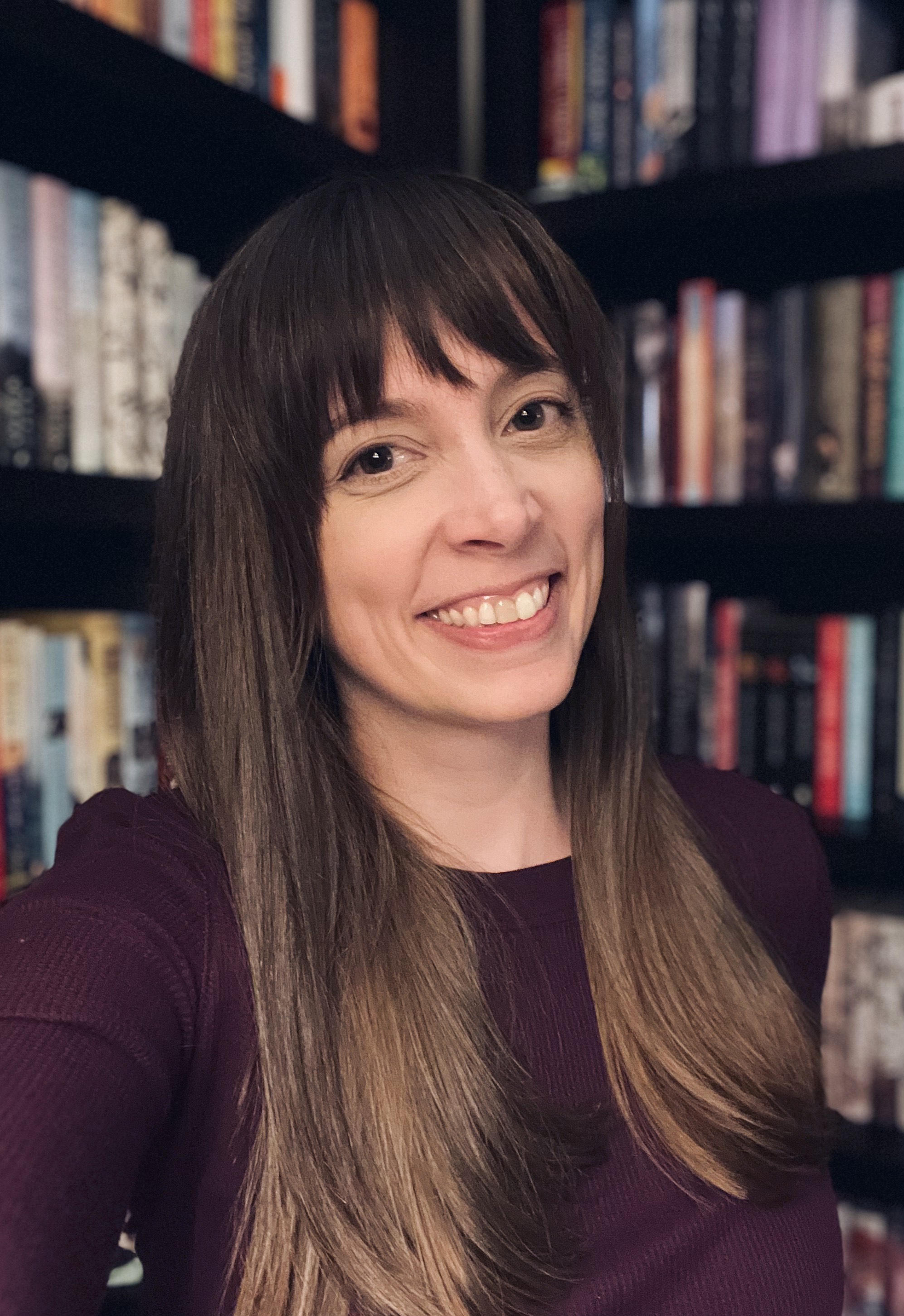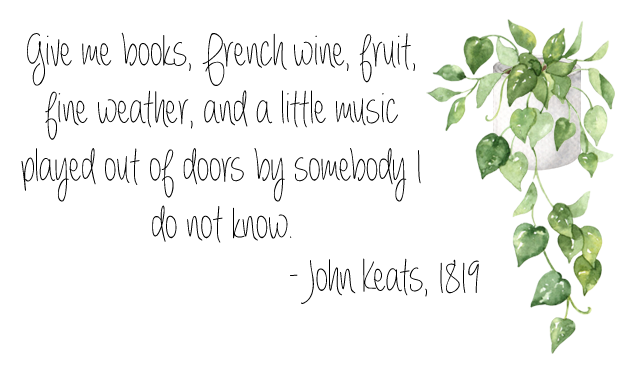I’m currently taking a genre study course on young adult literature, and we’re trying to find a way to define the genre, so that it encompasses current YA, classic YA, and all the subgenres of YA.
We’re finding it to be incredibly difficult! But out class has agreed on these points:
- YA must have a young adult protagonist (arguments about age continue…11-21, 13-23, 13-19?)
- YA is a coming-of-age and/or first encounters novel
- YA has characters and/or experiences that the reader can relate to
Other aspects of our definition we argue over, such as:
- respecting the intelligence of the reader (authors like Dessen and Green certainly do, but some other authors write less literary and more entertaining/simple language)
- accessible language (some classic YA, like Jane Eyre seems to be categorized as lately, doesn’t quite meet this)
- including “classic YA” (is it YA? Was it thrown in because they’re taught to YA students in school?)
- are the characters or situations relatable at all?
- character-driven, or plot-driven, or is it pacing: fast and slow?
What do you think defines young adult literature? If you could define it in 1-3 sentences, what would be your definition of YA?




11 thoughts on “Defining Young Adult Literature”
ioniamartin
Reblogged this on readful things blog and commented:
What is YA?
Corie D
I too am in a Teen Lit class right now. One of the things that is key in my mind is that it needs to not only have a teen as a main character, but also see the world through a teen’s eyes (instead of as an adult looking back).
Laura
Exactly! Great point. In the moment, not nostalgic.
bluerabbit
At first, long ago, YA was a library section–books of interest to young adults. Since, kids like to read about people slightly older than they, the age range drifted down. When I was teaching elementary school, YA books were set in high school, and meant for grades 9 and up. The real readers were in grades 4-7. (This was well-known, but never acknowledged.) The subject matter focused on the difficulties young people face. There was a spate of books about the disease of the month. They were called, derisively, “problem novels,” though how you could have any novel without a problem of some sort is beyond me. Actual high school kids and young adults, if they read at all, were devouring adult best-sellers and pop genre books, especially romances, horror, and science fiction.
One problem with this situation was that some of the greatest American literature, “coming of age” stories, fell within the definition of “Young Adult” and because of the actual age of the readers, was not, in practical terms, publishable. Consider “Catcher in the Rye,” for example. How many wonderful novels fell by the wayside during those years?
Recently, due to some blockbuster successes, the category has been redefined. Actually, this is an ungoing process. Many of the readers of YA fiction are now adults. The designation seems to be coming home to its origins. Middle grade novels (about 40,000 words about a child of middle school age) are intended for pre-teens, though many are beautiful and adults like them too. Novels about older teens are young adult books. Books about college students seem to be a gray area right now, but, as I mentioned, things still seem to be in flux.
Laura
You’ve touched all the main points we discussed in our class!
The problem is defining YA (the genre) versus YA (the readership). I think too many people consider YA books simply for YA readers — but like you mentioned, adults AND children also read YA. There’s a quality about YA books that make them YA. Is it the tone? The themes? The characters?
Morgan Mussell
You’ve listed key criteria, but it’s worth considering what a recent category this is. It didn’t exist, for instance, when “Catcher in the Rye,” was written, nor did Ursula Le Guin’s “Earth Sea Trilogy,” get the notoriety that paranormal YA attracts these days.
Any author now has to know and heed the conventions of genre, but I tend to agree with Neil Gaiman who said that genre, “once used to help people find their way around a bookstore”, is now more insidious, drawing fences around what people can and cannot write.
Laura
“Any author now has to know and heed the conventions of genre” — AH, you make an interesting point! First, what are those conventions (I know you’re speaking about the various genres in general, but for the sake of argument, what do you believe the conventions of YA are?), and second, is the author writing for the intended audience or are they writing to tell a story (John Green and Sarah Dessen, like I mentioned in my post, write to tell stories. They just happen to be read and shelved in the young adult section. They’ve mentioned in interviews they do not write specifically FOR teens, but ABOUT teens. While authors like Grisham, Patterson, and Gregory have books in the YA section because they set out to write FOR the young adult genre)?
“I tend to agree with Neil Gaiman who said that genre…is now more insidious, drawing fences around what people can and cannot write.” — And despite all my questions above, I also agree with this. It’s a portion of the class I find frustrating because it’s difficult to define genres when they can be so fluid. It sounds like you’re of the side that says authors write for the audience but are restricted by that particular audience’s genre’s rules. Am I correct? Or do you believe it’s the other way around: authors write to tell stories, then the publishing world turns around and restricts that story for marketing purposes?
Morgan Mussell
I’m convinced that an author has to write the story they need to tell, without worrying about conventions. Yet it’s like the dance of one’s inner artist and inner critic – both need to be heard. At some point in the revision process, conventions have to be considered.
For example – I wrote a novel in kind of a white heat, and later realized it’s completely unmarketable. If I’d known then what I know now it might be marketable, but I wouldn’t have learned as much or spent so much time immersed in the joy of storytelling.
Another concrete example. Let’s say the story I need to tell is a fantasy adventure with a 13 year old protagonist, an age right in the gray zone between middle-grade and YA. At a certain point in the revision process, the *wise* thing to do is decide which genre is the best fit, and slant the whole tale accordingly.
I can go ahead and ignore it, and write a book that’s a blend of both conventions, as Rowling did in the first Harry Potter book – but if my story is less compelling than Harry, I’m going to have a harder time if I want to get it published.
At the moment, I’m not working on any fiction projects, so I’m just thinking out loud. To be taken with a grain of salt, if at all. Again, you brought up an interesting subject.
beckles23
Reblogged this on Writing Beckles and commented:
An interesting post on what Young Adult literature is.
From my point of view YA covers a wide range of books. I think there are YA novels which are practically just adult novels and then there are those for younger teenagers. I think this is where the age of the protaganist comes in. Also many teenagers like to read about characters who are slightly older than them rather than the same age.
The main point about YA novels, in my opinion, is that the main character has problems that the reader can understand and relate to. They must overcome these problems and there should be a change in the way the character lives their life afterwords. In other words there should be strong character development.
Laura
“In other words there should be strong character development.” — In the class, we’ve discovered a lot of the books prior to 1967’s The Outsiders didn’t have much character development, actually. Things happened to and around the character, but mostly the development was physical: the character grew up. That doesn’t mean the character learned from their mistakes and accomplishments. Does this mean “class YA” (Jane Eyre, Little Women, Anne of Green Gables, Swiss Family Robinson, Huck Finn) is more “school required reading” and “general classic” and not, in fact, YA according to today’s definition? How do you think classic YA fits into today’s YA, if at all?
bvedsted
Reblogged this on When I Became an Author and commented:
How would you describe YA literature?